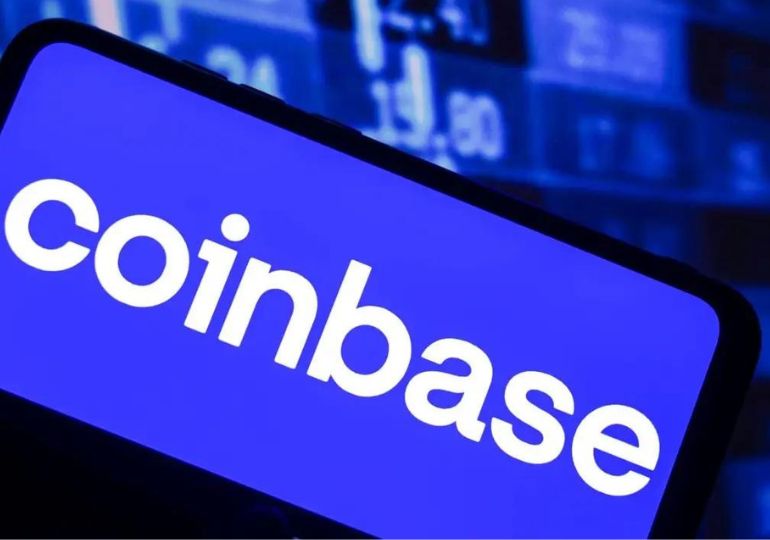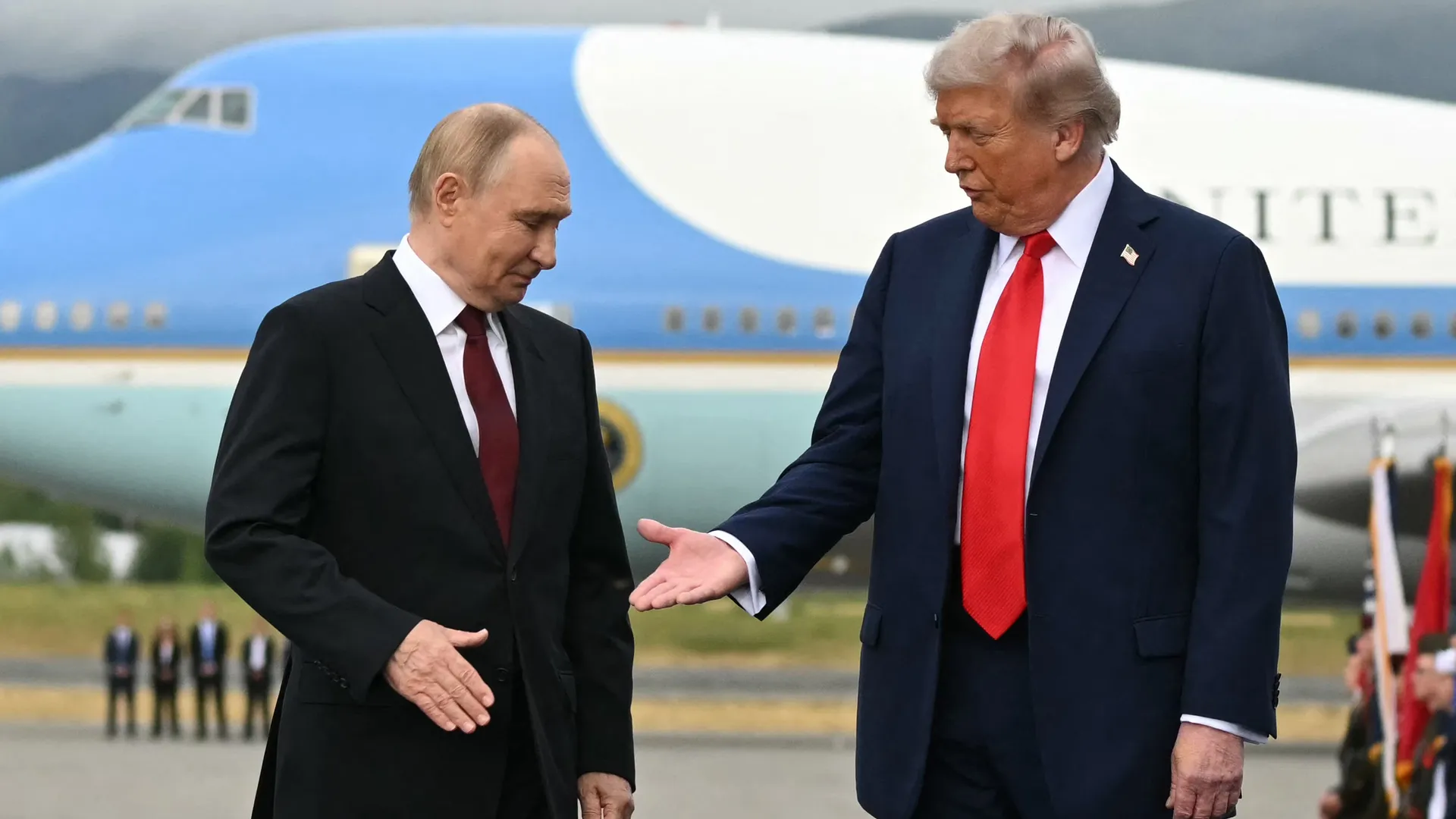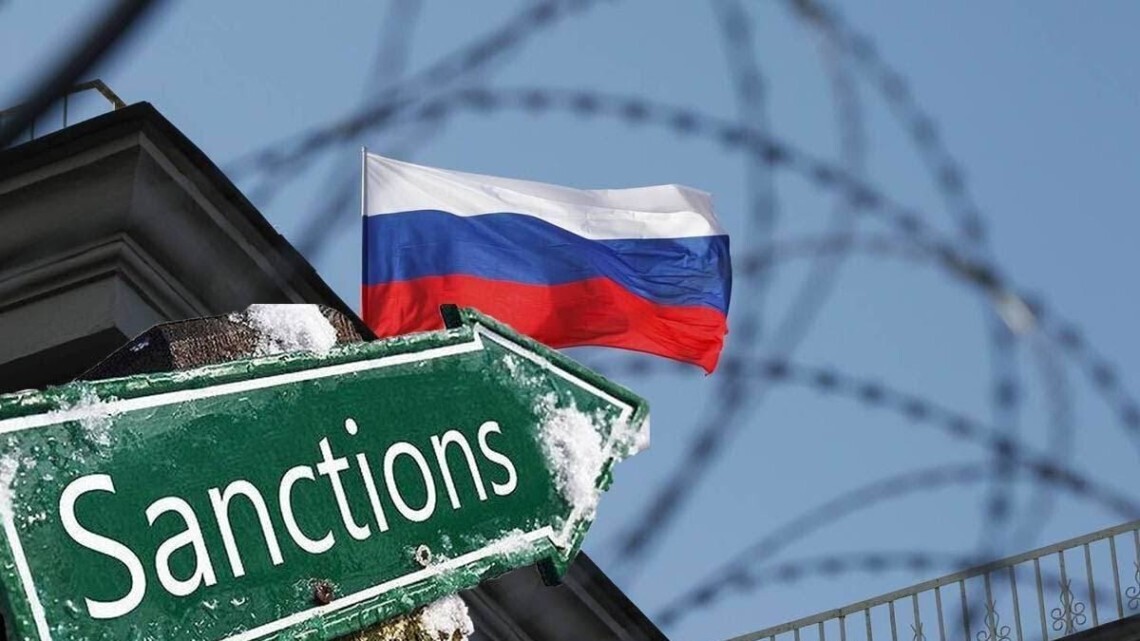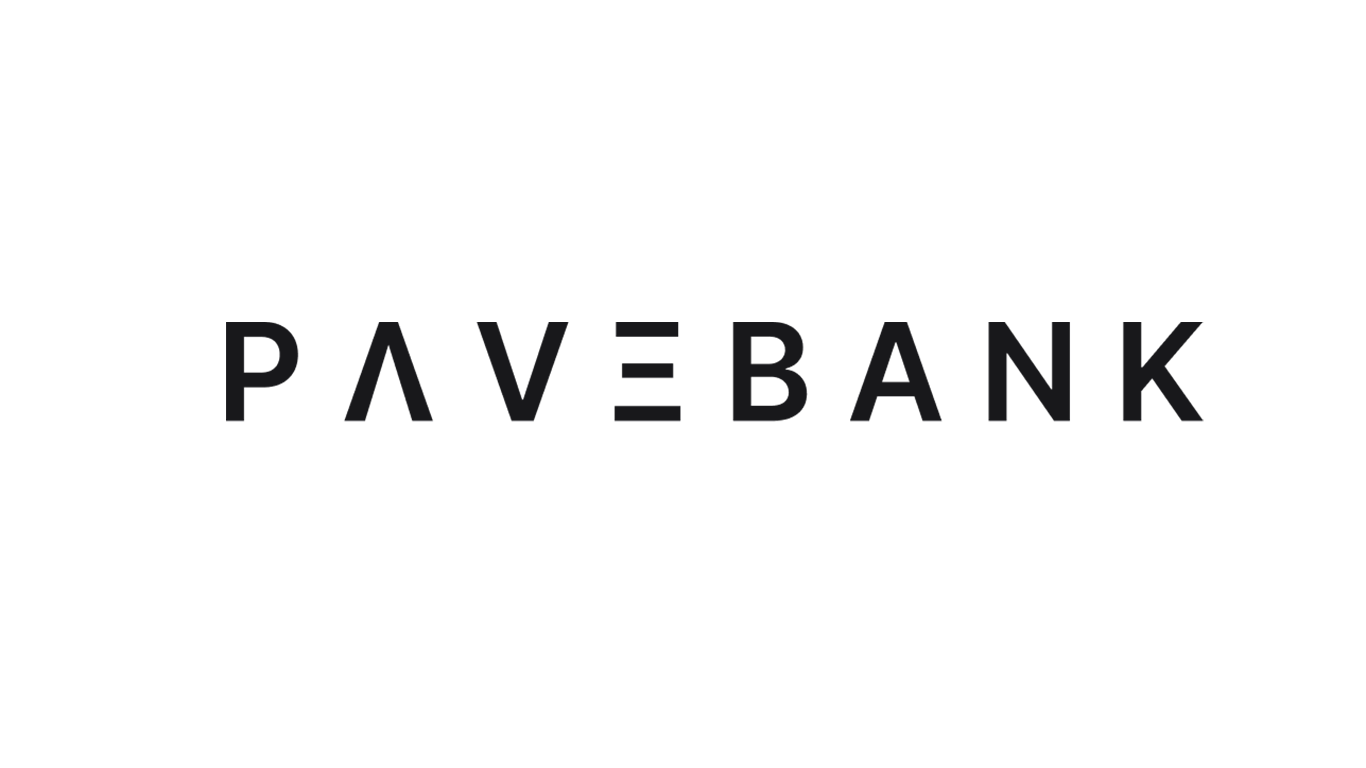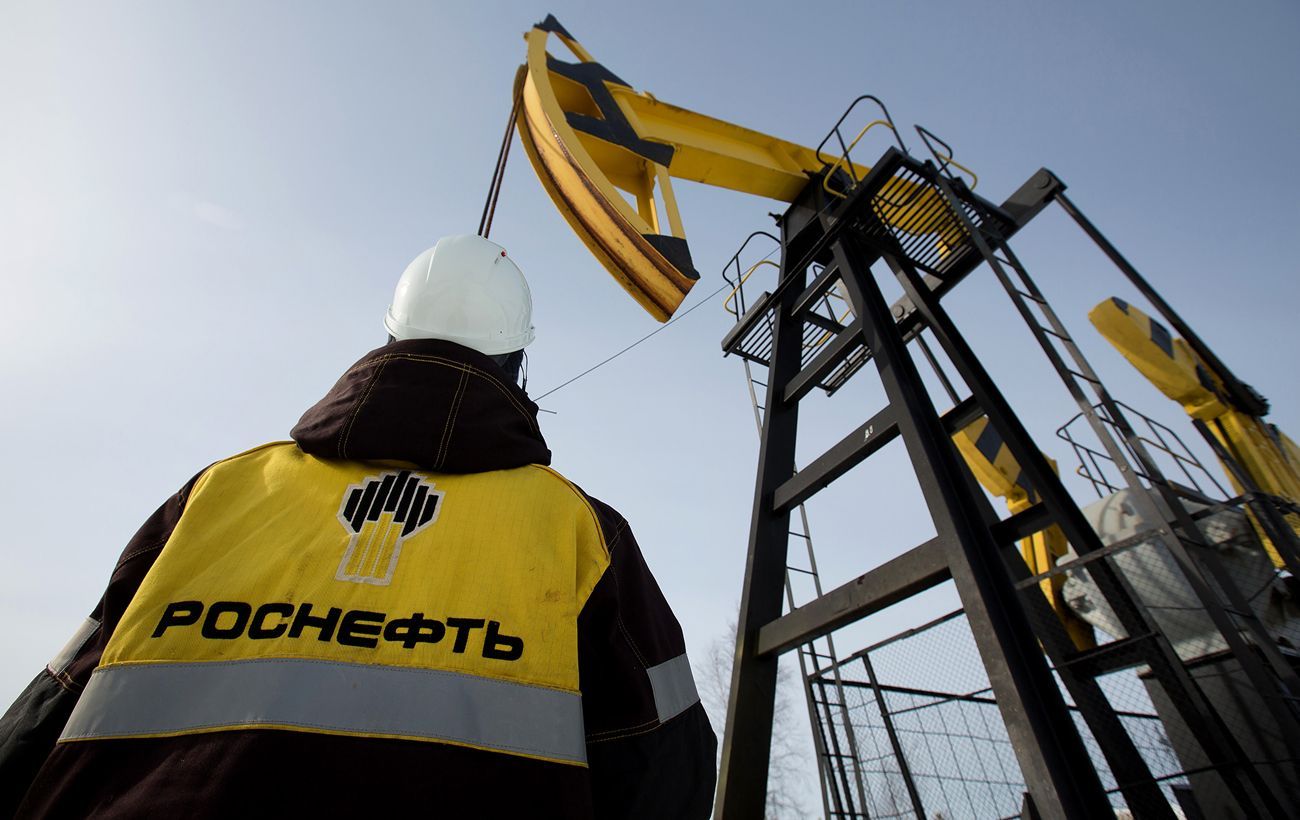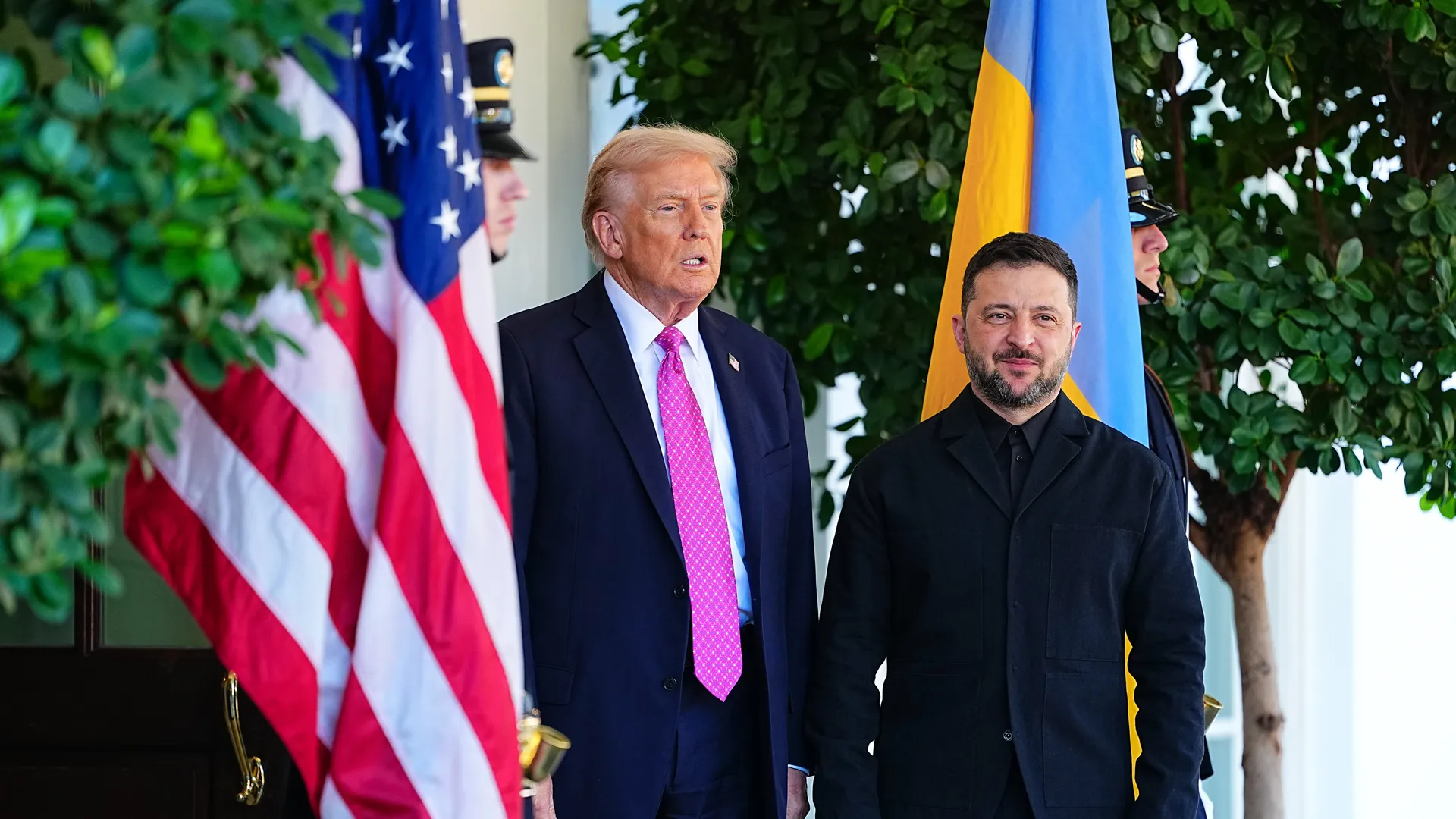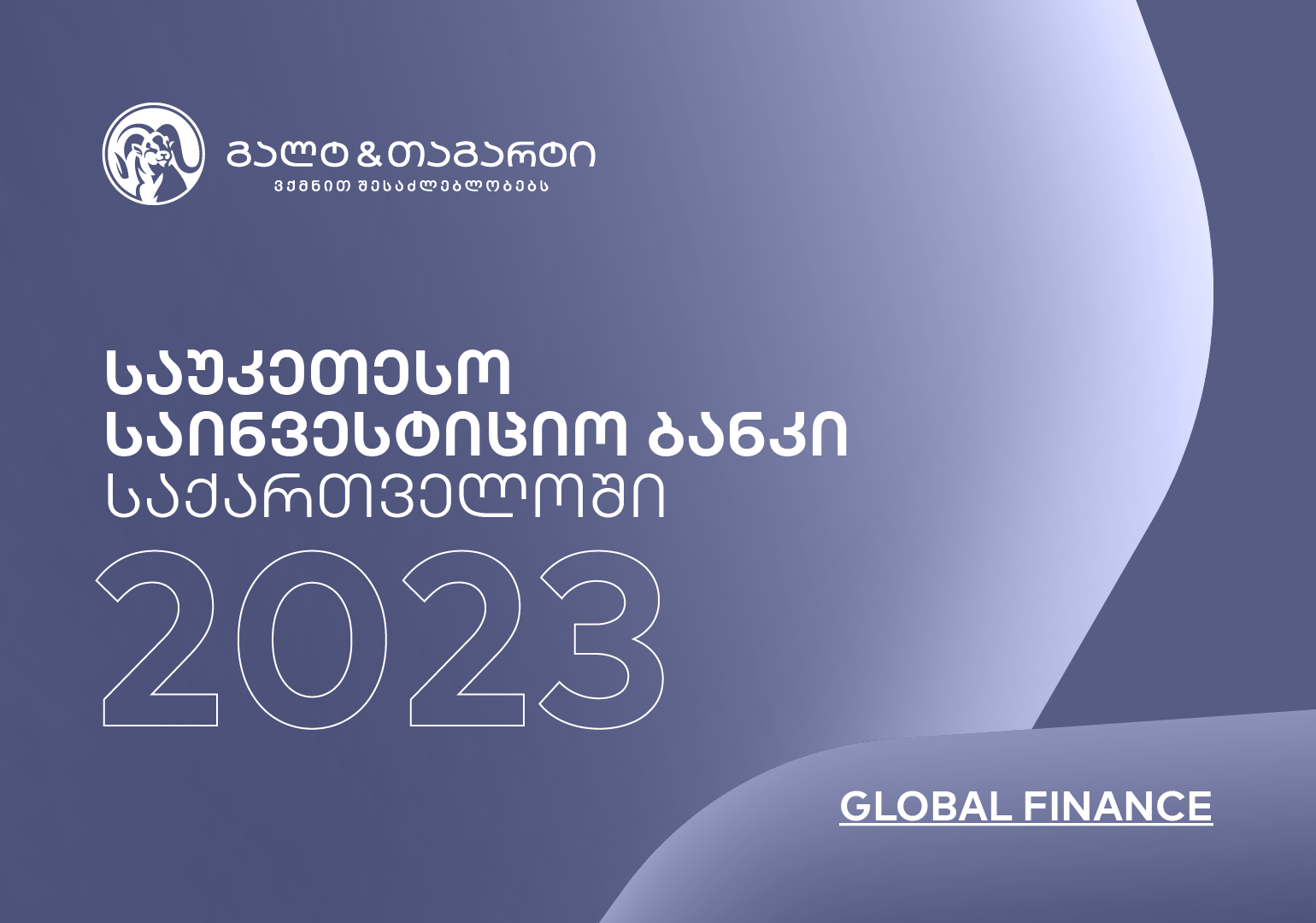On August 30, Coinbase suffered a glitch allowing Georgian users to cash out their crypto holdings with a valuation of a hundred times more than the indented market price. In what appears to be a third-party-related glitch, one US Dollar (USD) has been valued at 290 Georgian Lari (GEL), while the intended foreign exchange rate for that moment was $1 = 2.9 GEL.
Shortly after noticing the glitch, several hundred members of the Georgian crypto community withdrew funds at an inflated rate; some were quick enough to liquidate the assets for cash. Yet, shortly after the withdrawal of those funds from Coinbase, those Georgian users who used Georgian banks for liquidation received notification from the respective financial institutions, informing them about the freezing of their bank accounts.
“Due to a third-party technical issue causing an incorrect foreign exchange rate (FX) in the fiat currency Georgian Lari (GEL), a very small number of users (0.001% of our total users) were able to erroneously trade and withdraw a small non-material amount of funds. Upon detection, we fixed the issue, and are taking action to retrieve the improperly withdrawn funds“, – said Coinbase’s spokesperson in the written communication with Forbes Georgia.
According to Coibase’s estimates, the crypto exchange has more than 130 million verified users; thus, less than 1030 people exploited the glitch. The total amount of funds retrieved with a faulty exchange rate is unknown.
At this time, it is unknown what actions Coinbase will take to retrieve the improperly withdrawn funds. Yet, as it appears from Coinbase’s User Agreement, the crypto exchange reserves the right to cancel, correct, clawback, or reverse any Digital Asset Transaction or Transfers in their sole discretion, even after funds have been debited from the accounts. This is applicable even in those cases when Coinbase suspects the transaction may be erroneous. In such instances, it turns out, Coinbase reserves the right to reverse the transaction and has no obligation to reinstate a sale order at the same price or on the same terms as the canceled transaction.
As it turns out, the Georgian banks acted on their behalf and not at Coinbase’s direction while freezing the accounts of the customers involved in the inflated trade. As the Chairman of the Georgian Bank Association, Alexander Dzneladze claims, such a procedure is routine when out-of-pattern large-scale transactions begin to appear. “When unusual, non-standard transactions appear, even if they are completely legal, the funds may be blocked”, – claimed Dzneladze in conversation with Business Media Georgia.
While Dzneladze would not elaborate on the value and number of transactions that Georgian banks have received from Coinbase, the Chairman of the Georgian Bank Association confirmed that many transfers in a short time have indeed happened.
